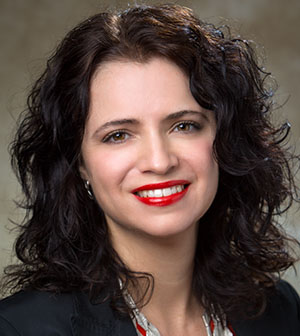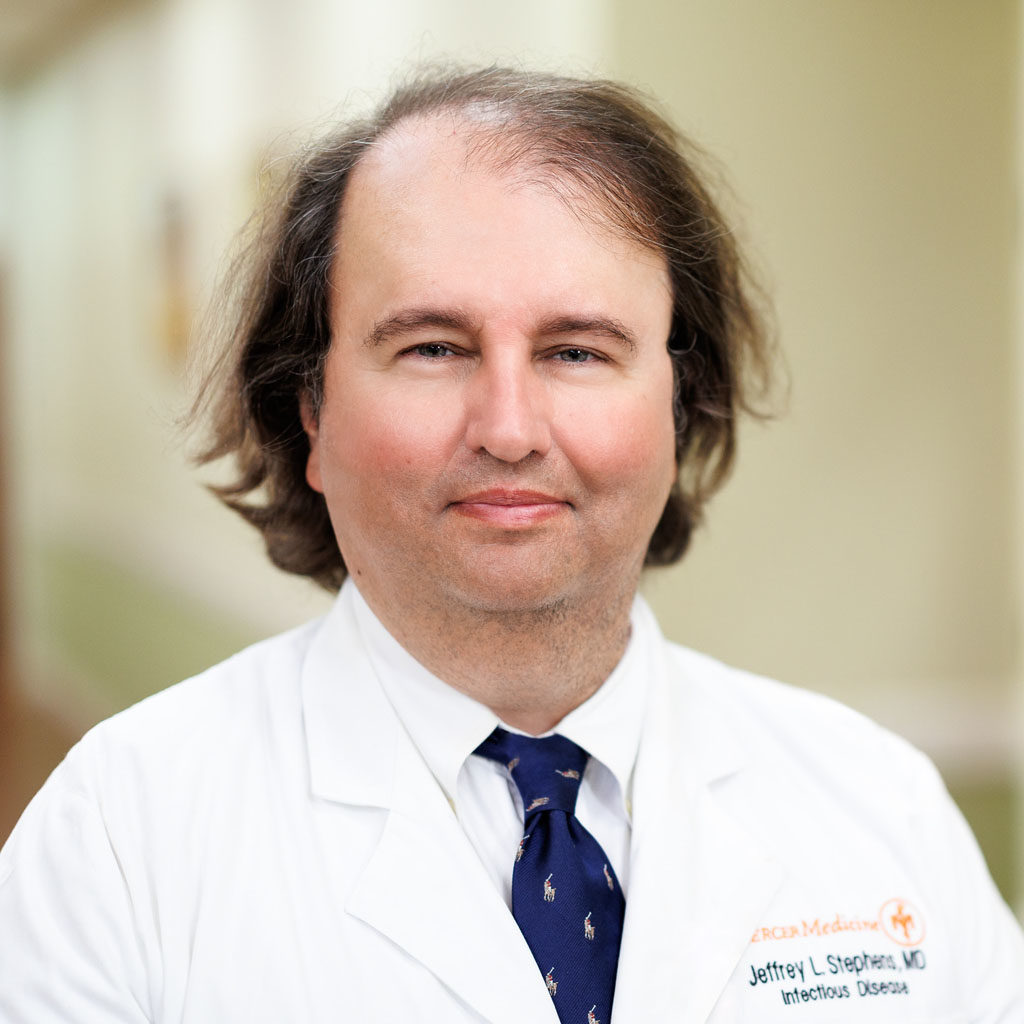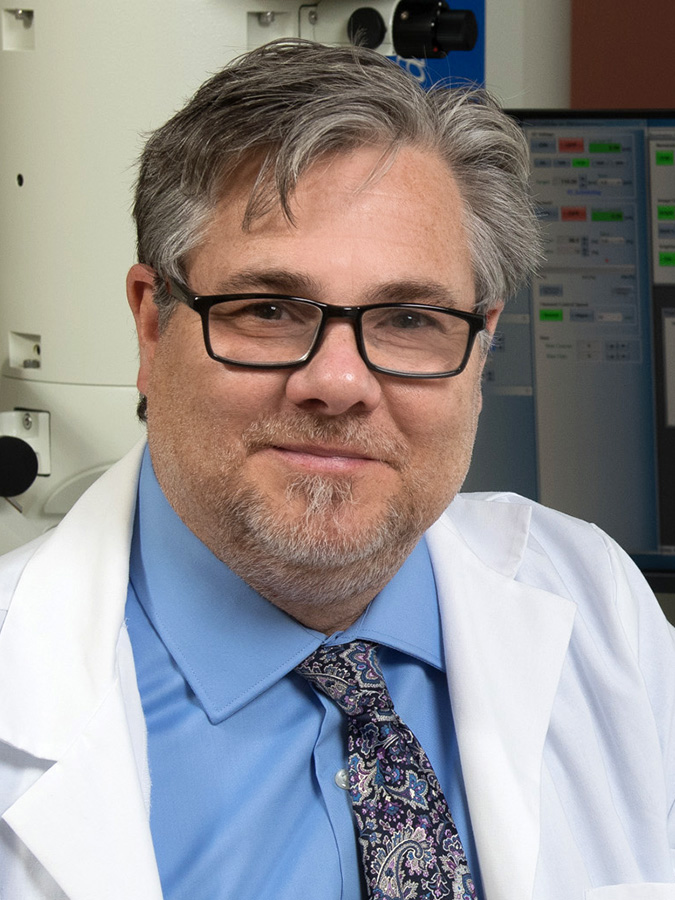MACON/SAVANNAH/COLUMBUS – Mercer University School of Medicine (MUSM) recently announced important faculty positions to develop research opportunities and enhance the School’s research output. These updates will encourage more focus on translational research to improve health care for all, especially rural Georgians.
“Supporting research in all aspects of care is critically important, but underserved rural populations are rarely included,” said Jean Sumner, M.D., FACP, dean of MUSM. “Dr. Barkin, Dr. Stephens and Dr. Visalli are accomplished researchers in their areas of expertise and will be outstanding leaders.”
Jennifer Barkin, Ph.D. – Interim Executive Director of the Center for Rural Health and Health Disparities and Director of Community Medicine Research

Jennifer Barkin, Ph.D., is professor and vice chair of MUSM’s community medicine department. Her research focuses on maternal mental health and mental health in relation to climate change. Her intellectual property, the Barkin Index of Maternal Functioning (BIMF), has been used in academia, community-based settings and industry-sponsored clinical trials. The BIMF recently received an A-grade in a systematic review of tools study published in the American Journal of Obstetrics & Gynecology Maternal-Fetal Medicine.
The Center for Rural Health and Health Disparities, an NIH Center of Excellence, is housed within the School of Medicine and is dedicated to implementing community-driven solutions to health disparity issues in rural areas of Georgia. The Center operates a more than $6 million federal portfolio focused on maternal and infant mortality reduction, opioid overdose prevention and chronic disease self-management.
“I am excited to play an active role in the Center’s evolution as an organization that serves the needs of rural Georgians,” said Dr. Barkin. “We will work with our diverse group of faculty, community partners and students toward an open, inclusive model that benefits the greater community. By working together, we can make a powerful and sustained impact.”
Jeffrey Stephens, M.D., FACP, FIDSA – Associate Dean of Clinical Research

Jeffrey Stephens, M.D., FACP, FISDA, is chair of MUSM’s internal medicine department and has been serving Middle Georgia as an infectious disease physician for 30 years. During his career, he has received the J. Willis Hurst Award for teaching from the Georgia Chapter of the American College of Physicians and the Leonard Tow Award from the Gold Humanism in Medicine Society for humanistic, compassionate care. He was named one of Georgia Trend magazine’s Top Doctors in 2020, 2021 and 2022. Throughout this time, Dr. Stephens has also had an active research program of clinical therapeutics, focusing on clinical trials for new drugs to treat HIV/AIDS. His work has contributed to several drugs receiving FDA approval for HIV treatment.
“I am honored to be appointed associate dean of clinical research,” said Dr. Stephens. “I look forward to helping grow our research enterprise, especially in the area of rural health for the state of Georgia.”
Robert Visalli, Ph.D. – Associate Dean of Biomedical Research

Robert Visalli, Ph.D., serves as professor of microbiology and assistant director of student research on MUSM’s Savannah campus. During his more than 30 years of research on human herpesvirus, his laboratory has provided undergraduate, graduate and medical students with research opportunities in molecular herpes virology. Dr. Visalli has served as a reviewer, co-chair and, more recently, chair of the American Society of Microbiology Undergraduate Research Fellowship Program. Dr. Visalli’s research support has included three National Institutes of Health grants, with the most recent a Research Enhancement Award Program grant for the development of broad-spectrum herpesvirus antiviral drugs.
“MUSM now has three four-year campuses where the impact of biomedical sciences research will extend its reach to all Georgians,” said Dr. Visalli. “I’m excited to take on this opportunity to work with faculty, medical students and leadership to achieve new milestones in productivity and obtaining extramural funding. Perhaps the most important part of the job will be to support and provide mentoring to our early career research faculty so that they will have productive and successful careers at MUSM.”
These faculty members will work in partnership with Gretchen Bentz, Ph.D., director of student research, to actively engage students in their own projects and offer interested students expanded opportunities for making an impact through translational research.
About Mercer University School of Medicine (Macon, Savannah and Columbus)
Mercer University’s School of Medicine was established in 1982 to educate physicians and health professionals to meet the primary care and health care needs of rural and medically underserved areas of Georgia. Today, more than 60 percent of graduates currently practice in the state of Georgia, and of those, more than 80 percent are practicing in rural or medically underserved areas of Georgia. Mercer medical students benefit from a problem-based medical education program that provides early patient care experiences. Such an academic environment fosters the early development of clinical problem-solving and instills in each student an awareness of the place of the basic medical sciences in medical practice. The School opened additional four-year M.D. campuses in Savannah in 2008 and in Columbus in 2021. Following their second year, students participate in core clinical clerkships at the School’s primary teaching hospitals: Atrium Health Navicent The Medical Center and Piedmont Macon Medical Center in Macon; Memorial Health University Medical Center in Savannah; and Piedmont Columbus Regional Hospital and St. Francis-Emory Healthcare in Columbus. The School also offers master’s degrees in preclinical sciences and biomedical sciences and a Ph.D. in rural health sciences in Macon and a master’s degree in family therapy in Macon and Atlanta.








